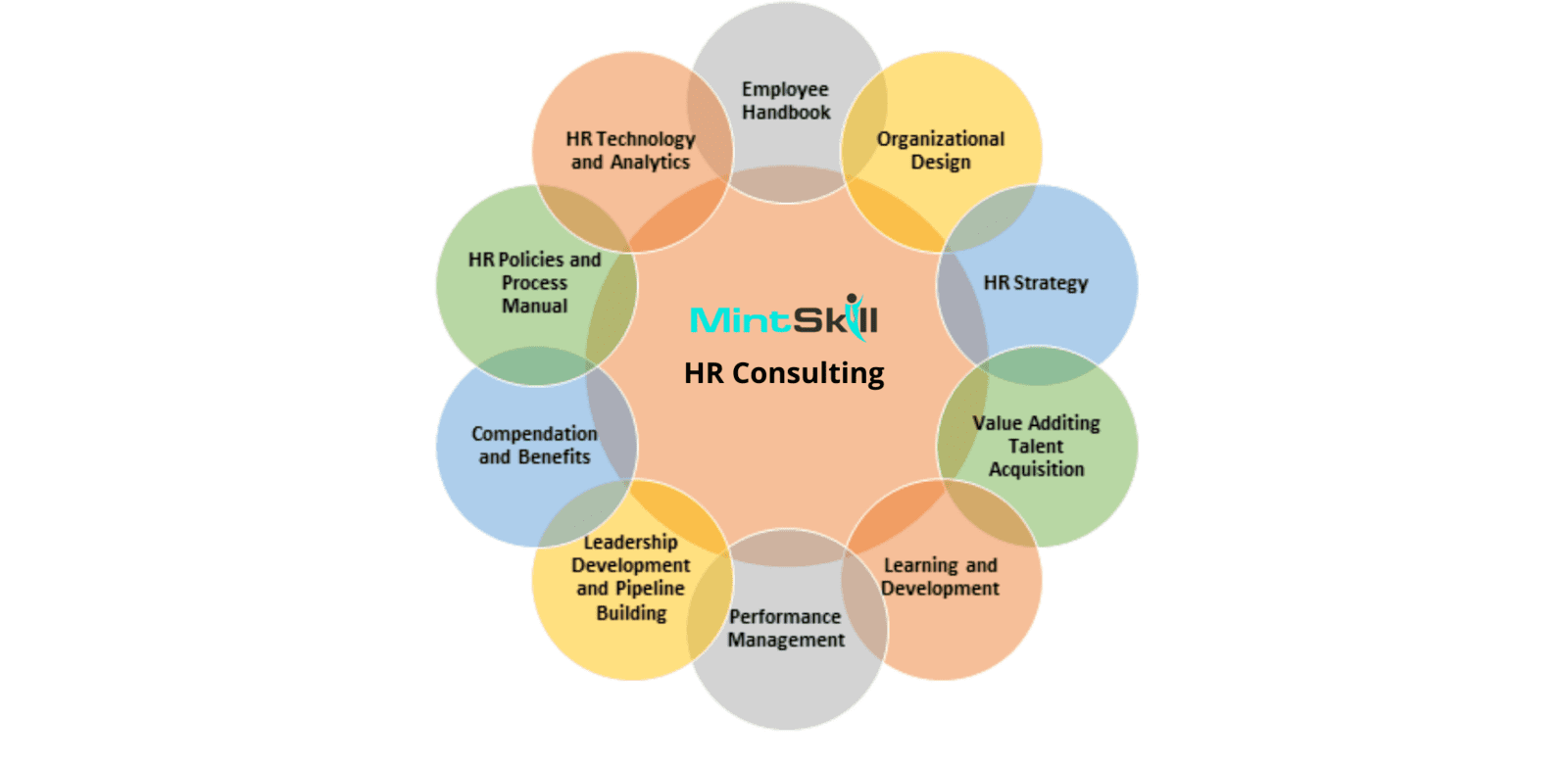lanbligh26026
lanbligh26026
Understanding Legal and Compliance Aspects in Your Outsourcing Journey
This short article is a submission by Managed Services Partners. Managed Services Partners is an outsourcing agency with over six years of experience helping organizations enhance operations and drive development.

Embarking on the contracting out journey is an endeavor that lots of businesses carry out to enhance effectiveness, reduce costs, and leverage specialized talent.
However, alongside these prospective advantages come a host of legal and compliance complexities that should be carefully browsed to guarantee the success and sustainability of outsourcing initiatives.
This detailed guide will explore essential legal and compliance considerations, with a focus on data personal privacy laws, non-disclosure contracts (NDAs), non-compete clauses, and the critical role of adaptability in today’s vibrant organization environment.
The contracting out landscape
Outsourcing is more than a technique for unloading non-core jobs; it is a transformative method that can boost a company’s versatility and competitiveness.

Whether it’s IT services, client support, making processes, or personnels, contracting out can provide a substantial edge. Companies that successfully outsource can focus on core business operations, drive development, and gain access to leading talent without the overhead expenses of full-time employment.

However, this journey is not without its legal and compliance challenges. Companies should bear in mind the complexities surrounding the transfer and management of data, the protection of intellectual home (IP), and the maintenance of regulatory compliance.
Given the global nature of outsourcing, businesses should likewise think about cross-border legal implications, which might differ considerably depending on the country where the outsourcing company operates.
Understanding these aspects is vital in guaranteeing that contracting out collaborations line up with a company’s tactical goals while alleviating possible legal threats.
Oftentimes, companies that overlook legal and compliance considerations face expensive conflicts, loss of sensitive information, or reputational damage that can take years to recuperate from.
Importance of legal factors to consider
Outsourcing inherently includes legal considerations that are necessary to protecting a company’s interests. At the leading edge is the requirement to secure delicate details. Companies need to understand and follow information privacy laws that govern the jurisdictions in which they run.
This is especially critical as information breaches can result in extreme punitive damages and reputational damage.
Furthermore, copyright rights need to be plainly defined in outsourcing arrangements to prevent unauthorized usage or misappropriation of exclusive possessions. If these rights are not properly established, a business might lose control over important developments or private business procedures.
For services operating in highly managed markets such as healthcare, financing, or legal services, compliance requirements are a lot more strict.
Adhering to regulations such as the General Data Protection Regulation (GDPR) in Europe or the Health Insurance Portability and Accountability Act (HIPAA) in the United States is necessary to avoiding legal complications.
Non-Disclosure Agreements (NDAs) and non-compete clauses
When outsourcing, business frequently share exclusive information with external service suppliers.
To protect this valuable information, NDAs are utilized. These contracts are created to prevent the unauthorized dissemination of personal info, thus protecting the business’s competitive advantage.
NDAs should be detailed and lawfully binding, clearly detailing what constitutes personal info and the commitments of both celebrations in managing sensitive data. Businesses need to also guarantee that their NDAs include provisions for legal recourse in case of breaches.
Similarly, non-compete stipulations can be consisted of to prevent provider from exploiting delicate understanding during the outsourcing collaboration to benefit a competitor. This is specifically important when contracting out freelancers or firms that may have multiple clients in the same industry.
However, the enforceability of non-compete provisions can differ considerably depending upon the jurisdiction. Some areas have rigorous regulations limiting the scope and duration of such clauses.
Therefore, it’s important for companies to consult legal experts with experience in the appropriate legal frameworks to prepare effective arrangements.
Contracts: Setting the foundation
Contracts serve as the plan for the outsourcing collaboration, specifying functions, duties, deliverables, and timelines. They likewise describe the legal and compliance expectations for both parties.
A well-structured agreement must attend to a number of essential elements:
Scope of work: Clear and detailed descriptions of the services to be supplied, including quality requirements and efficiency metrics.
Data security: Specific provisions related to data security, data transfer treatments, and breach alert protocols to guarantee adherence to personal privacy laws.
Intellectual Property rights: Provisions that establish ownership of IP created throughout the partnership, and terms that secure pre-existing IP.
Termination provisions: Terms that resolve the possible end of the outsourcing relationship, including notification periods and conditions under which termination can occur without penalty.
Additionally, organizations ought to think about implementing service-level contracts (SLAs) to ensure responsibility and performance tracking. SLAs define measurable criteria that the outsourcing supplier need to fulfill, offering companies with recourse if expectations are not satisfied.
Engaging with service suppliers
Consulting with prospective company throughout the early phases of the outsourcing journey is a tactical move. This engagement enables business to assess the supplier’s ability to fulfill legal and compliance requirements.
Thorough vetting procedures, such as requesting referrals, examining previous tasks, and evaluating compliance accreditations, can provide valuable insights into the supplier’s reliability and adherence to market requirements.
Businesses should likewise examine the financial stability of potential contracting out partners.
A company that faces financial difficulties may not be able to keep operations long-term, presenting a risk to ongoing jobs. Conducting due diligence ahead of time can prevent future interruptions.
The role of versatility in legal and compliance techniques
Adaptability is a crucial part of successful outsourcing, especially when it pertains to navigating evolving legal landscapes. Regulations and market conditions can change quickly, making it essential for companies to stay agile.
Building versatility into agreements and developing procedures for continuous compliance tracking can assist organizations adapt to new legal requirements and maintain a competitive edge.

For instance, if a business is contracting out client support operations to several countries, they should make sure compliance with numerous national laws regarding customer protection and information personal privacy.
Regularly updating policies and contracts in response to legislative modifications can prevent legal pitfalls.
Real-world considerations and finest practices
To guarantee legal and compliance success in outsourcing, organizations ought to embrace the following finest practices:
Regular audits and evaluations
Conduct periodic audits and evaluations to make sure that provider remain certified with legal and regulative requirements. This proactive method can help identify prospective gaps before they escalate into significant concerns.
Training and awareness
Educate staff members and outsourced teams on data protection practices and legal obligations. This ensures that everyone included in the outsourcing journey comprehends the significance of compliance and the role they play in securing details.
Collaboration and communication
Foster a collaborative relationship with service suppliers. Open lines of interaction can assist address compliance issues promptly and assist in joint analytical efforts.
Crisis management planning
Have contingency strategies in place in case of security breaches, contract conflicts, or supplier failures. A well-structured crisis management strategy guarantees that organizations can rapidly respond to obstacles without substantial disturbances.
Legal compliance for outsourcing success
Understanding the legal and compliance elements of outsourcing is important for businesses aiming to utilize external abilities while safeguarding their interests. By focusing on essential areas such as data personal privacy, NDAs, non-compete stipulations, intellectual home rights, and adaptability, business can efficiently browse the outsourcing landscape.
Successful contracting out depend upon a collective technique in between the company and its service companies. Building trust and keeping transparent communication can lead to effective analytical and a shared commitment to compliance.


